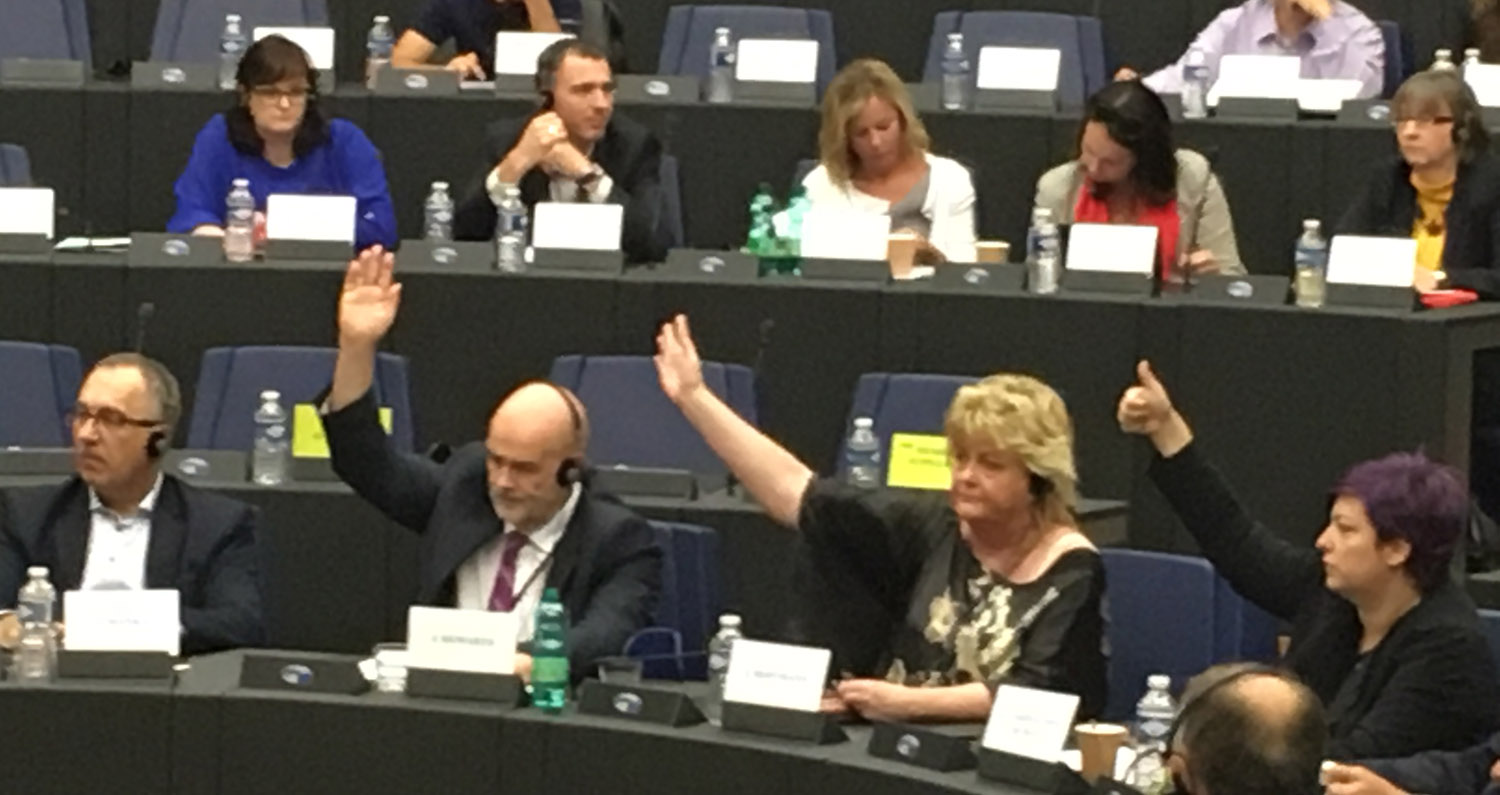In the UK it would be easy to believe that the UK’s exit from the European Union is the top item, if not the only item, on the European Union’s agenda.
After all, the UK is the second largest economy and one of the ‘big four’ member states with, accordingly, the biggest influence over decision making. The UK was instrumental in creating the single market, is a net contributor to the EU Budget and, in the aftermath of World War 2, was the author of the framework of rights under which the EU operates to this day.
But, no, the UK’s exit is not the top priority for the remaining member states - ‘the EU27’. Reactions to the UK’s looming exit from EU27 politicians I meet (though it’s fair to say I don’t prop up the bar with fascists and nationalists of the far right) range from continuing disbelief and incredulity to sadness and regret. There is some anger too from those who follow UK politics closely - that the situation was ever allowed to happen and with the spineless and the deceitful in our body politic who’s negligence helped bring it about. Some still believe - I guess because they also believe in rational thought - that the UK will collectively come to its senses and either reverse the decision or not go through with it. This may be wishful thinking (there’s a lot of that about these days) but what is very clear is that the vast majority of EU politicians would love Britain to stay and the door to that remains very much open.
All that said there is a realisation among the 27 that the EU needs to look to the future after Britain’s act of self-harm is complete.
That view was reflected in EU Commission President, Jean Claude Juncker’s ‘State of the European Union’ address to the Parliament during this week’s Strasbourg session. I’m not a big fan of Mr Juncker - he comes across as somewhat arrogant, grumpy and self-important. His world view is not one I share. I also think that losing one of the ‘big four’ on his watch, would have been a resigning issue for any UK politician.
BUT Mr Juncker, believes in the ideals of Europe. He’s without question committed to the future of Europe. It is also his job and that of the Commissioners to come up with ideas for the future.
His statement of the EU’s priorities - economic growth, the challenges of a digital single market, automation, security, climate change, the skills agenda and migration - accurately reflects what I hear from the Parliament’s mainstream and even some of the far left.
His future vision involved a whole lot of proposals and ideas. Some have as much chance of happening as I have of running a marathon (not entirely impossible, but almost). Some will come to pass.
In reaction, we have the usual predictable slogans from the usual suspects. Year after year we have heard from the opponents of the EU that the whole thing was about to collapse: the Euro was a disaster, the Eurozone would be trapped in permanent recession, the populist wave was unstoppable and the dominoes would fall. UK’s Exit would be followed by France, the Netherlands, Italy, Denmark and Hungary.
Well they were wrong. Repeatedly and utterly wrong. The dominoes did not fall - and they are not going to. Nobody else is remotely contemplating leaving the Union - not even Hungary under Victor Orban - who has said as much recently. The EU’s popularity has risen in the 27, where looking at the example of the worsening situation in Britain has been an example to others. Le Pen lost heavily, Wilders lost heavily and the centre looks likely hold convincingly in Germany later this month. The Eurozone economies are now all growing more quickly than that of the UK. The Euro itself has not collapsed, in fact it has proved remarkably resilient through the longest and deepest depression in a century. It will not be allowed to collapse and its governance will only strengthen. The migration crisis remains a challenge, but there are signs the worst may have passed.
This apparent, and I think genuine, renewal of confidence sadly does not bode well for the UK in the negotiations over its exit. If anything, the UK is slipping even further down in the EU27’s thinking.
Anyone who doesn’t think this is a problem needs to wake up - it’s a glimpse of the future where the UK has no influence over events. Half of the UK may wish to live on nostalgia, the EU27 know they can’t.



